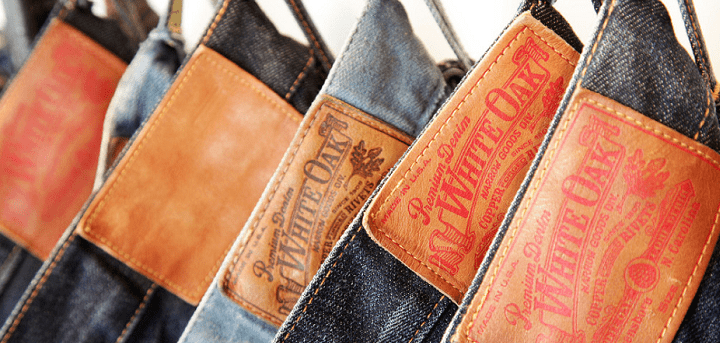Mexico‘s Ministry of Economy informed that it provided support for US$350.8 million to light industry companies that used the Eighth Rule from September 2021 to July 2022.
The support was given through the Eighth Rule mechanism based on Article 2 section II of the General Import and Export Tax Law, the Agreement by which the Ministry of Economy issues general rules and criteria on foreign trade, the Foreign Trade Law and the Internal Regulations of the Ministry of Economy.
Thus, the federal government allowed the importation of inputs to support the competitiveness of light industries, as described below:
- 50.2 million in the textile-clothing sector.
- 3.2 million in the furniture industry.
- 91.9 million dollars in the toy industry.
- 16.4 million dollars in the chocolate, candy and similar industries.
- 96.7 million dollars from miscellaneous industries.
- 92.4 million dollars in the chemical and rubber and plastic manufacturing sector.
The Eighth Rule is the license or permit issued by the Ministry of Economy through any of the tariff items of item 98.02 of the Tariff of the Law of General Import and Export Taxes that allows companies to import machinery and equipment, materials, inputs, parts and components in order to obtain administrative facilities and preferential tariffs.
Eighth Rule
The Eighth Rule is established in article 2, section II of the Complementary Rules for the interpretation of the Tariff of the General Import and Export Taxes Law (TIGIE), and is a foreign trade instrument that requires prior authorization from the Ministry of Economy to import, among others, machinery, parts and components for the manufacture of products.
In general, the Eighth Rule seeks to support the competitiveness of Mexican industry by applying preferential tariffs to the importation of machinery and inputs used in the production and assembly of goods.
On the one hand, it reduces operating costs by importing machinery and equipment, materials, inputs, parts and components with preferential tariffs.
On the other hand, it allows manufacturing companies to import machinery and equipment, materials, inputs, parts and components to be used in their production processes through a single tariff item.

